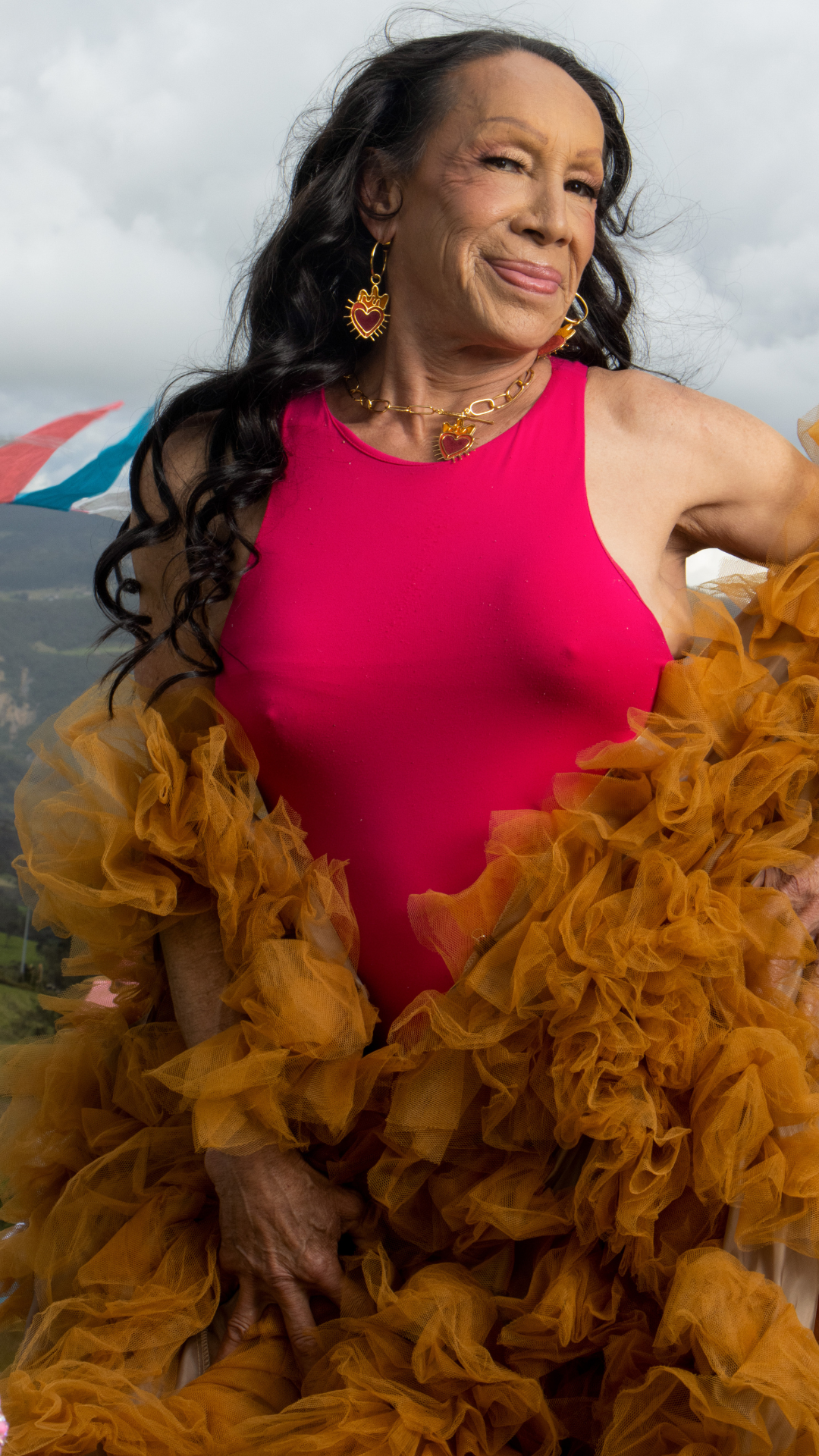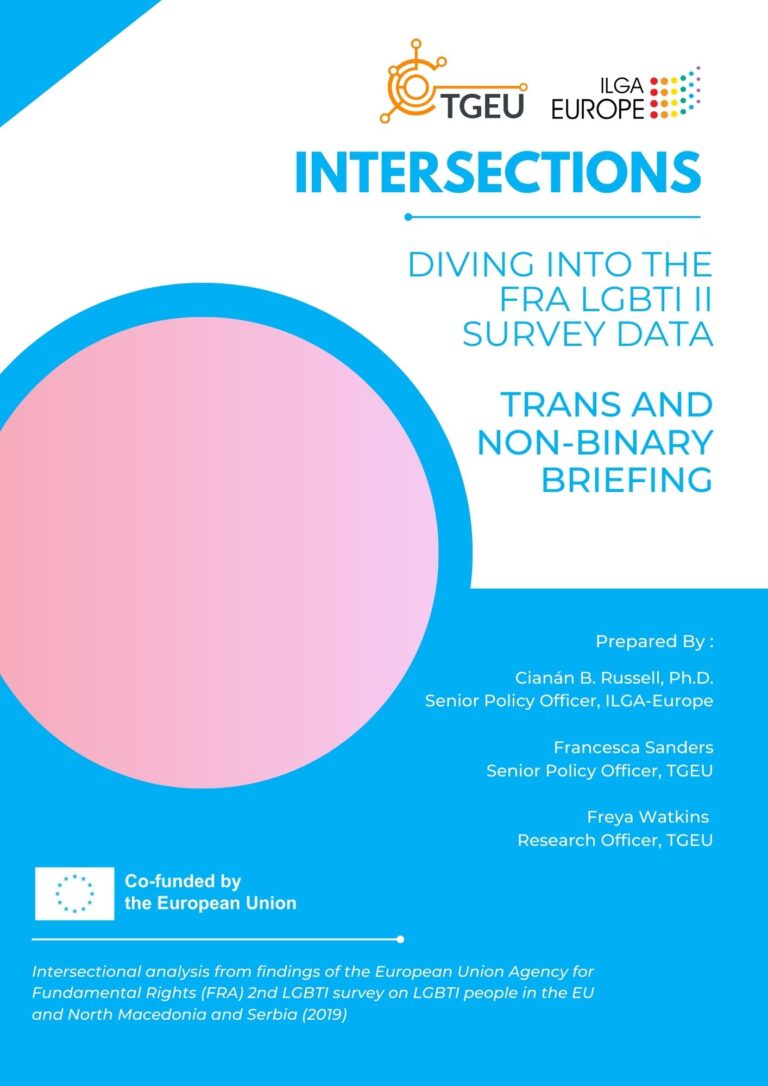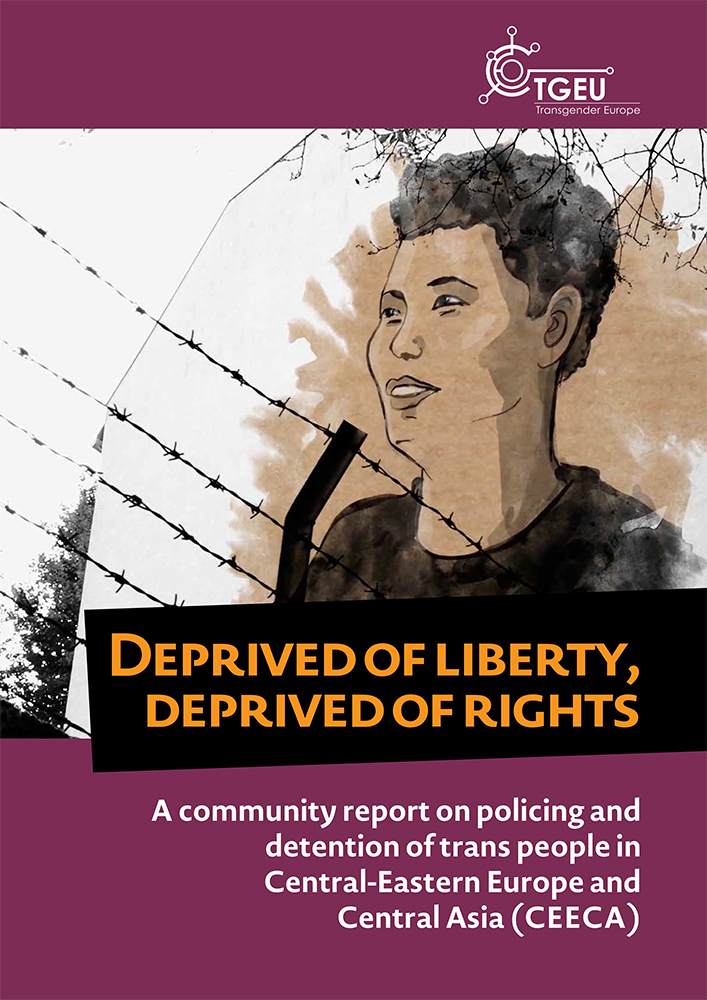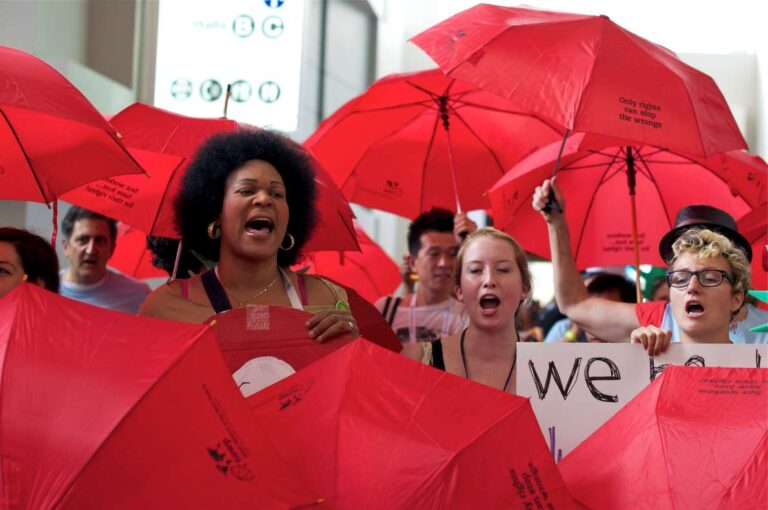Intersectionality
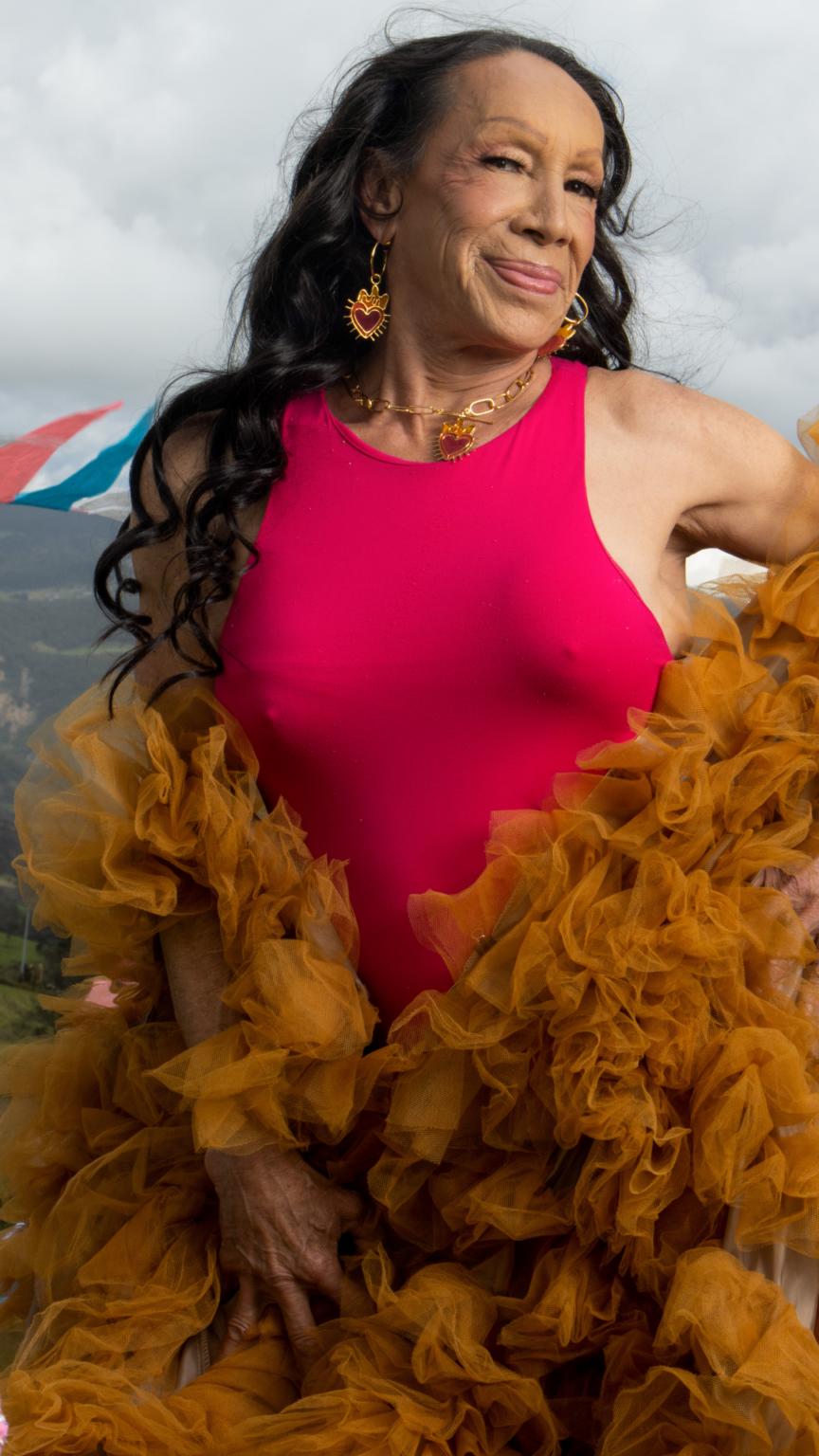
Identities and movements are often talked about as if they are separate. But, these separations are falsely constructed. Someone’s racial identity, and subsequent experience, can never be separated from their gender identity and experience.
What is intersectionality?
Intersectionality describes how systems of inequality ‘intersect’ to create unique dynamics and effects. In simple terms, this can be thought of as a street intersection. One street describes one part of a person’s identity, and the intersecting street describes another. Intersectionality recognises that these intersections create unique forms of oppression.
Systems of inequality can be based on gender, race, ethnicity, sexual orientation, gender identity, disability, class, and other forms of discrimination. For example, if someone is a Black trans woman and sex worker, she will experience oppression geared towards all groups. This oppression will also intersect into trans misogynoir – a term used to describe misogyny that is specifically geared toward Black trans women.
The term intersectionality was coined by Kimberlé Crenshaw, a civil rights advocate and leading critical race theorist from the US.
Why are intersectional trans movements important?
Intersectionality acknowledges that individuals exist at the crossroads of multiple social identities. For trans people, this means understanding that their experiences are shaped not only by their gender identity. They are also impacted by factors such as race, ethnicity, socioeconomic status, disability, and more.
Countless studies prove that people affected by intersecting forms of oppression face higher rates of discrimination. Intersectional movements help ensure that the unique needs of people who face multiple forms of oppression are addressed. They are also great for building strong coalitions. By acknowledging that all forms of oppression mutually reinforce each other, we can begin to identify common goals between movements.
What does TGEU do?
We work towards a society where everyone enjoys equal rights and respect. An intersectional approach is essential to achieve this. TGEU seeks to build a trans community that acknowledges and centres experiences at the intersection of multiple forms of oppression.
There are many axes through which oppression can be tackled. We are already active in addressing the specific needs and perspectives of:
- Trans people in sex work
- Trans people with HIV
- Trans migrants and asylum seekers
- Trans people of colour
- Intersex people (who may or may not identify as trans)
- Trans children and youth
- Elderly trans people
- Trans people with disabilities.
We cooperate with organisations working for the rights of these groups, such as intersex, sex worker, and migration and asylum organisations. We are always open to collaborations that can promote an intersectional fight for trans rights, and happy to work with groups working for equality on many different fronts.
In all of our work, we strive to highlight the needs of trans people with intersecting identities.
Main information
Press
see more articlesResearch
see more articlesNew Report Reveals Impact of Intersecting Oppressions on Trans Experiences in Europe
read moreImpact Assessment: COVID-19 and Trans People in Europe and Central Asia
read moreFacilitation Toolkit: Tips and Tricks for Participatory and Empowering Facilitation
read moreKey Policy Principles From ‘Oppression Squared: D/Deaf and Disabled Trans Experiences in Europe’
read moreLegal Actions
see more articlesTGEU Press Statement: Disabled Trans Women – More Needs To Be Done
read more